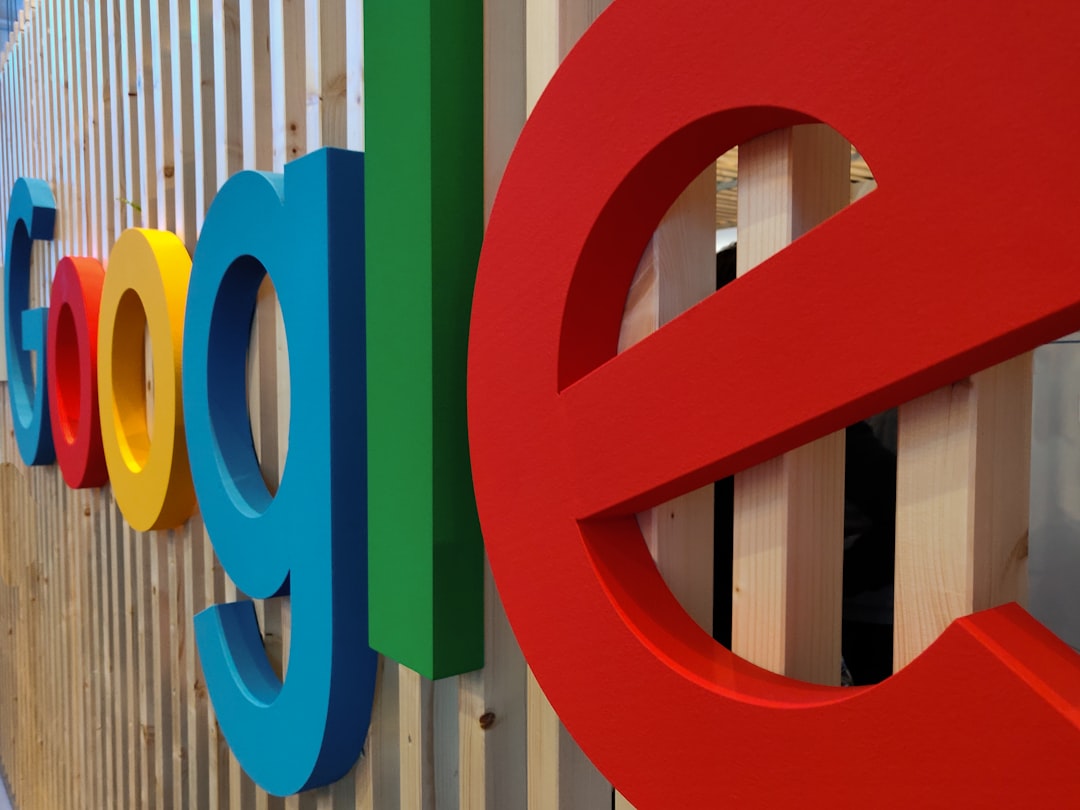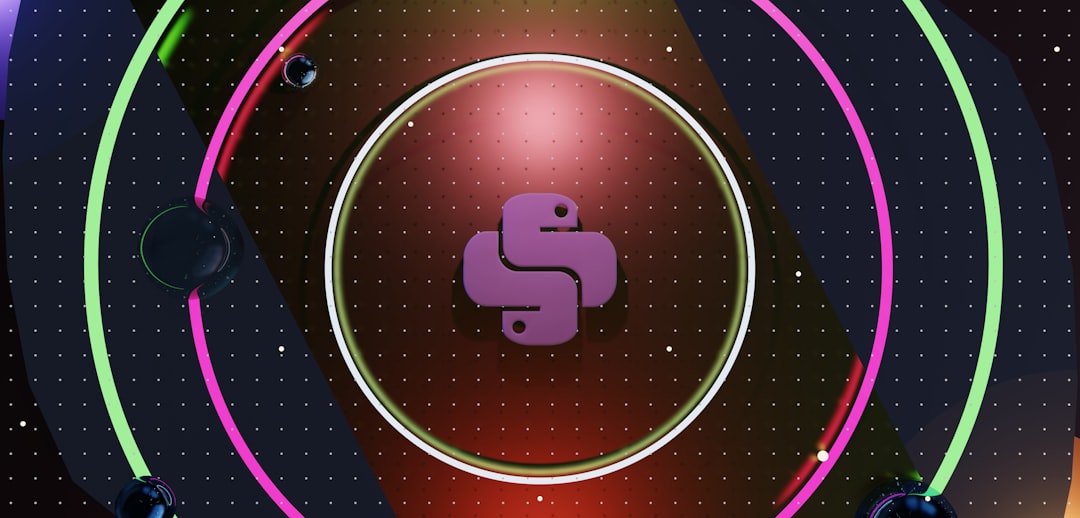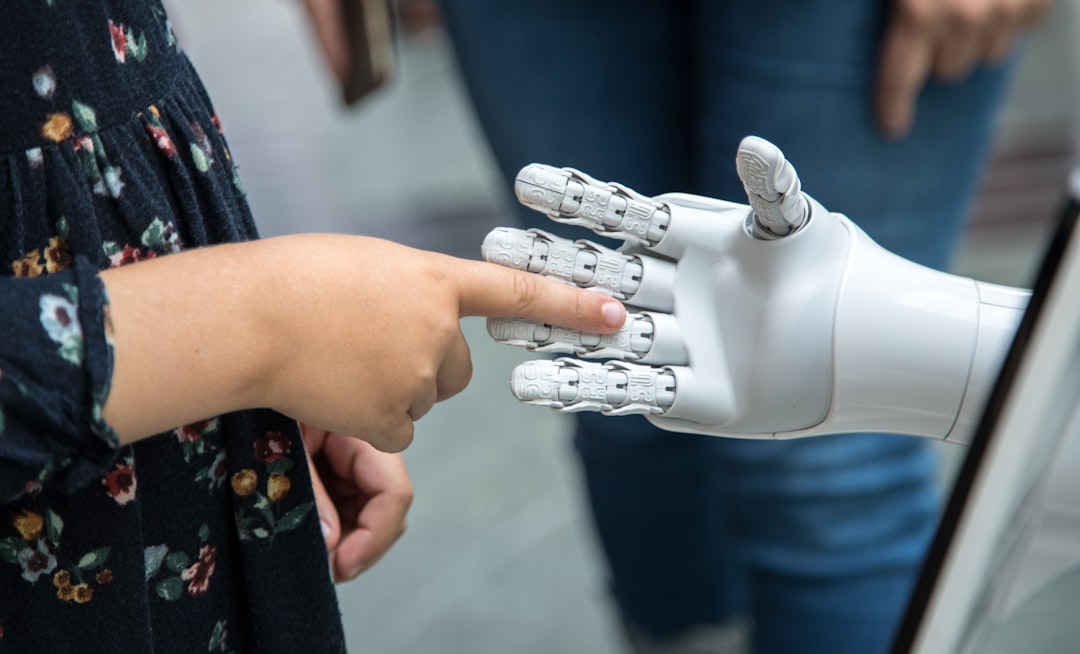In recent months, we've witnessed a flood of headlines celebrating the democratization of creative work through artificial intelligence. "Anyone can code now!" "Create professional music in minutes!" "AI-generated videos indistinguishable from human-made!" These proclamations suggest a new creative frontier where technical expertise is optional.
Yet a curious pattern emerges when you look more closely at many of these AI success stories.
Behind many viral AI creations stands not a complete novice but an experienced practitioner leveraging AI to enhance their existing skills. The programmer who "effortlessly" created a complex application using AI likely has years of coding experience that helps them prompt effectively, evaluate the generated code, and fix the inevitable errors. The musician who "lets AI compose" often brings decades of musical knowledge to guide, refine, and select the output.
This isn't to diminish the impressive capabilities of modern AI tools. They genuinely reduce barriers to entry and can accelerate productivity for experts. But the simplified narratives around them often obscure the invisible expertise that makes successful AI-assisted creation possible.
Consider the seasoned designer who uses generative AI to explore variations on a concept. They're leveraging deep knowledge of design principles to provide effective prompts, recognize promising outputs, and identify elements that need refinement. A novice using the same tool might generate something visually interesting but lack the expertise to identify subtle flaws or make critical improvements.
The "AI did it all" narrative creates unrealistic expectations for beginners. Many newcomers experience frustration when their results don't match the polished examples they've seen, not realizing those examples benefit from the guiding hand of expertise.
This dynamic raises questions about how we value and recognize expertise in an era of increasingly capable AI assistants. As these tools continue to evolve, the differentiator may not be who has access to the technology, but who possesses the knowledge to use it effectively.
The most honest framing may be that AI tools are powerful amplifiers of existing skills rather than complete replacements for expertise. They can help novices get started and help experts work faster, but the journey from beginner to master still requires time, practice, and deep understanding.
Next time you see an impressive AI-generated creation, look beyond the tool to the human expertise guiding it. That's where much of the magic truly happens.










0 Comments